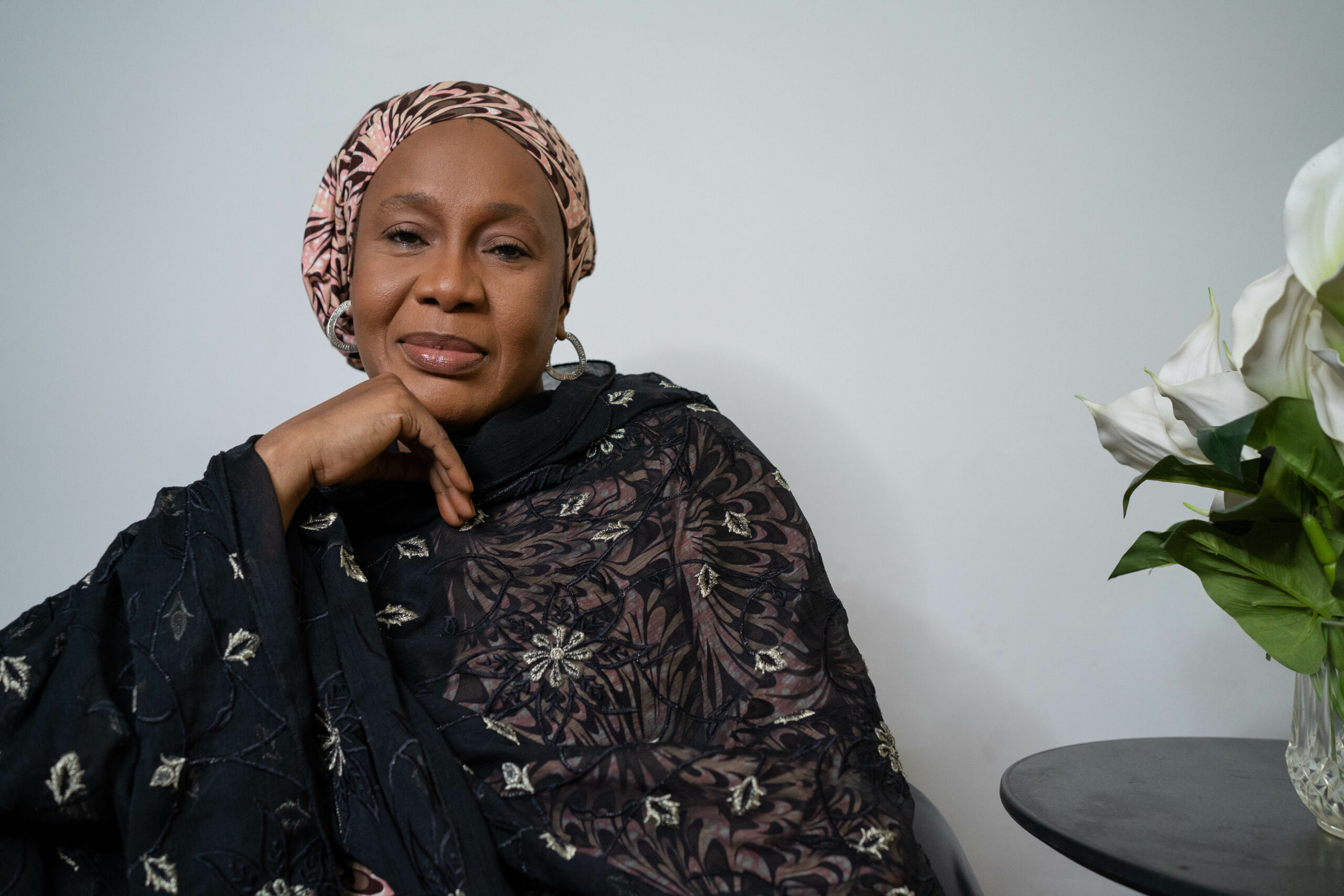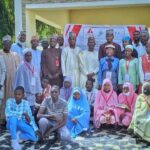Yobe, created from Borno in 1991, is a mainly agricultural state with many ethnic groups such as Ngizim, Bade, Fulani, Kanuri, Karai-Karai and more.
According to reports and oral histories from locals, Yobe state was carved out from Borno to ease presiding over both lands. After being carved out as its own territory, many ethnic groups became part of newly created local government areas as new administrations and rulers were sworn in.
- Appointment Into NIS Not For Sale, Says Immigration Boss
- NDLEA Releases Latest Update On Recruitment
Yobe, with its seventeen local government areas, closely borders Niger Republic. And tucked away in the local government area of Yusufari is Tulo Tulo, a small village with palm trees and cascading sand dunes. Home to cattle herders and farmers, the village also boasts of many natural minerals such as potash.
In the sandy dunes of Tulo Tulo village, the obviously stunning landscapes are so ethereal it is almost hard to believe it is a part of the North East of Nigeria. Aptly dubbed the Dubai in Yobe by the locals, the sand dunes across the state are an untapped resort potential many say. Many villages in various parts of Yobe State have much to offer in terms of tourism. Unseen, sometimes unknown and sometimes overlooked, there are many picturesque sprawling landscapes.
This untapped potential for the Yobe terrain is what is triggering a call to action for Mrs Aisha AbdulAziz Adamu. An indigene of Bade local government, she lived mostly in Geidam local government for many years. Like many people living between these two sister states, she studied in one of the first universities in the North East at the time. While studying Geography in the prestigious University of Maiduguri in the 80s, she became interested in the terrain and its many complexities. As she toured many villages across Borno and Yobe with the National Population Commission in her work life, her attention was drawn to societal issues. As serene as the villages were, with their magnificent scenery, there were many underlying problems. One of such pressing issues was the desertification.

“In 2019, I officially visited the Tulo Tulo local government area, and when I saw the water the people were drinking, I became concerned. I saw the sand dunes and remembered my Geography class where we were told the desert was encroaching. Now I saw it in real life, it wasn’t a mirage, it is a reality, the desert is encroaching. Palm trees were being engulfed by the sand dunes. And there is barely any intervention. No government presence”, she says.
Certainly, Yobe State, since its inception has had a reputation for lagging behind in development. Most towns and villages have been, historically, deprived of basic necessities. Additionally, during the early years of the Boko Haram conflict, civilian populations were severely affected by the escalating attacks by the terrorist groups in Borno which had spilled to a few local governments in Yobe.
One of the most widely reported cases includes the massacre of school boys in Buni Yadi local government. Another incident in recent times has been the abduction of the school girls in Dapchi local government. However, in current times, despite the many challenges, the state is seeing a resurgence of activities focused on not only addressing the humanitarian crisis as a result of the Boko Haram conflict but is restarting the discussion of environmental issues.
As a Field Officer working with the National Population Commission, Mrs Aisha credits this job as giving her insight into the core problems. “We are demarcating the entire country. It is a national framework for which all surveys and studies will be conducted. That has exposed and really educated me more on climate issues. I have been to ten local government areas in Yobe and deforestation is a problem. The little trees we have are being cut for firewood and source of livelihood, the land degradation, the overgrazing.”

Mrs Aisha, for whom this is a passion project, views the environmental issue as one that needs commitment from all parties. “It is not only an individual or an organization that can solve this. All hands must be on deck to check or mitigate climate change. We can encourage our people through ownership of land, to plant economic trees that are sustainable, that can generate wealth. For example, when you plant the date palm, the money can feed the people. The Jatropha tree is also a form of renewable energy used as fuel for local farmers. We can regenerate or recharge the oasis. It is expensive but if the will is there it can be there”, she highlights.
As climate change activism takes over the world and shapes discourse, many countries are starting to join the discussion. “The Federal government under the Buhari government signed the Paris agreement to reduce greenhouse gas emissions by 30 percent. For us to get the monies committed, we need to take the challenge of converting desert encroachment through accessing the adaptation funds, the mitigation funds. And the livelihood of the people needs to be sustained, the women and children who are mostly affected by the climate change”, she says.
In the case of Yobe, where desert encroachment is making some villagers leave, Mrs Aisha also fears a scenario where the rural to urban migration may affect the terrain and hopes that tree planting and ecotourism can build communities. “Migration is a natural thing. But if there is life in the oasis, we can encourage ecotourism on a small scale. Build a small two- or three-star hotel for outsiders to come and appreciate our new Dubai in Yobe. We can generate money with employment of drivers, waiters, tour guides in these hotels. The surrounding communities of Bade have a fishing village or Machina can provide the cultural aspect such as the Durbar. The mountains amidst the deserts can be showcased. We have a lot to offer with ecotourism”, she adds.
As optimistic as her plans are, she pauses to reflect on the big dreams she has with a reality check. “But we have to address the security, focus on the safe parts and start somewhere, if the young people are employed and engaged there will be no conflict. And we want to see more women in addressing sustainable development. In ecotourism there are no limitations. The most difficult thing is to start.”, she ends.

 Join Daily Trust WhatsApp Community For Quick Access To News and Happenings Around You.
Join Daily Trust WhatsApp Community For Quick Access To News and Happenings Around You.


